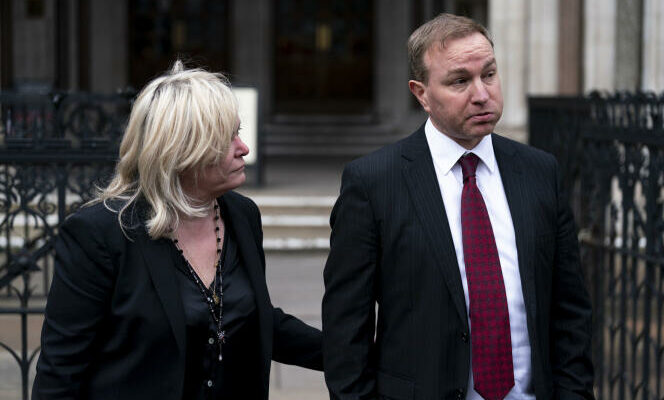The battle of traders convicted in the case of manipulation of interbank interest rates Libor and Euribor to clear their names has failed. On Wednesday March 27, a British appeal court rejected the request of Tom Hayes and Carlo Palombo, two of the accused, to have their convictions overturned.
Since the initial verdict, in 2015 and 2019 respectively, the political and legal pressure seemed to have changed profoundly. Several British MPs are now openly denouncing a ” miscarriage of justice “ against traders. In January 2022, the American courts overturned a conviction in the same case. From now on, outside the United Kingdom, no country classifies the facts with which they are accused as criminal. But British justice persists and signs.
The Libor and Euribor affair was supposed to embody one of the biggest modern financial scandals. Exposed by British and American regulators from 2012, but covering facts which mainly date back to before the financial crisis (mainly from 2005 to 2007), it revealed an agreement deemed illegal between traders. They were accused of having manipulated these interbank interest rates, which serve as the basis for hundreds of thousands of financial products. At the time, Libor and Euribor were determined in a relatively artisanal manner. Every day at 11 a.m. London time, someone at each bank reported the rate at which their bank had funded itself. An average was then taken.
This process left room for temptation: traders, whose job it was to speculate on these interest rates, regularly asked internally the person responsible for Libor or Euribor to slightly increase or decrease it, by based on their positions. During their investigation, regulators discovered dozens of messages “incriminating”including apparent agreements between different banks and financial institutions.
A sentence worthy of the worst crimes
From 2012, the first fines against banks were imposed. Legal proceedings followed, taking on a large scale: in total, thirty-seven people were prosecuted and nineteen were convicted by the courts (nine of whom were imprisoned). Two were French people living in London at the time.
The trial of Tom Hayes, a Tokyo-based former UBS and Citibank employee, marked a tipping point. The Briton was sentenced at first instance to fourteen years in prison (reduced to eleven years on appeal), a sentence worthy of the worst crimes. Above all, the British judge made an essential decision: he told the jurors that traders did not have the right to take their commercial interest into account when calculating Libor. This case law was then applied throughout the case. In 2019, Carlo Palombo, who was a simple apprentice at Barclays, was sentenced to four years in prison for manipulating Euribor.
You have 42.67% of this article left to read. The rest is reserved for subscribers.
